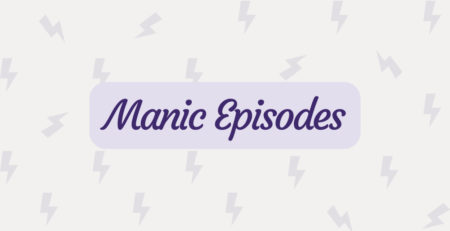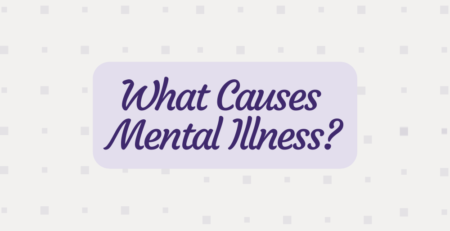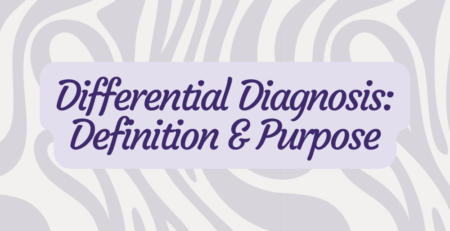Interpersonal Effectiveness in DBT
Dialectical behavior therapy is a type of psychotherapy that involves various mental health benefits, including improved problem-solving, stimulus control, cognitive restructuring and communications. The word dialectical means combining conflicting viewpoints, and DBT focuses on the concept that a person struggling with mental health issues needs to harness the power of two opposing forces to heal: change and acceptance.
Dialectical behavior therapy differs from other approaches because it rests on the foundation that therapy should be a genuine relationship between the client and the therapist, both of whom are working together to achieve shared goals.
The Importance of Interpersonal Skills
To succeed in your career or forge long-lasting friendships, it’s critical to be good at getting along with others. Still, maintaining healthy relationships can be challenging if you have a mental health condition like anxiety or depression. While you might not be a natural “people person,” you can learn to improve your interpersonal skills in therapy.
DBT’s interpersonal effectiveness skills can help you get what you need from your relationships, while being respectful to yourself and others. Even the most confident people sometimes struggle with being assertive, expressing opinions and saying no. With DBT’s cognitive modification element, you can start stepping outside your comfort zone and standing up for yourself.
Factors That Reduce Your Interpersonal Effectiveness
There are many reasons you may have a hard time relating to the people in your life. People learn interpersonal skills the same way they learn everything else – through observation and practice. If you didn’t have anyone in your life to model healthy relationships for you, it’s not too late to learn with DBT. Here are some variables DBT can help you deal with.
- Internalized negativity: Worries can prevent you from using your interpersonal skills. You may believe people won’t like you if you set and enforce firm boundaries or that you don’t deserve to get what you want. These invalidating thoughts create a cycle of pessimistic self-talk that prevents you from achieving your goals.
- Indecision: Indecision occurs when you don’t have your priorities in order, you are uncomfortable saying no or you can’t figure out how to communicate your needs and wants.
- Complex emotions: Frustration, guilt and anger can cloud your thoughts and cause you to freeze before you even begin talking to someone.
More DBT Resources to Benefit You
Improving your interpersonal effectiveness requires good communication, prioritization and goal-setting skills. You can learn all these from a therapist who specializes in DBT. Then, you’ll feel more comfortable saying no to things you know you can’t handle and asking other people for help when you need it.
Here are some potential goals you might have:
- Standing up for your rights so people don’t walk all over you
- Confidently requesting something from someone else
- Politely turning down unwanted or unreasonable requests and sticking to it
- Resolving conflict without lingering anger or bitterness
- Getting other people to respect your opinions
Compassionate Psychiatric Care
At Serene Behavioral Health, DBT is one of the proven treatment modalities we use to create tailored treatment plans for our clients. Our trained mental and behavioral health specialists offer four levels of care to meet your needs. To learn more about how we can help you, reach out to us today.
















